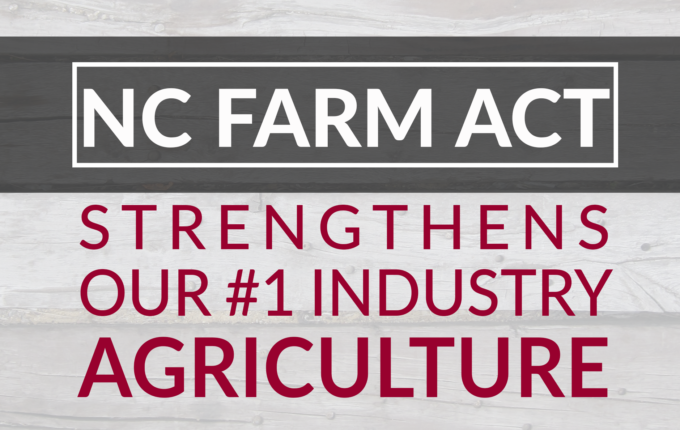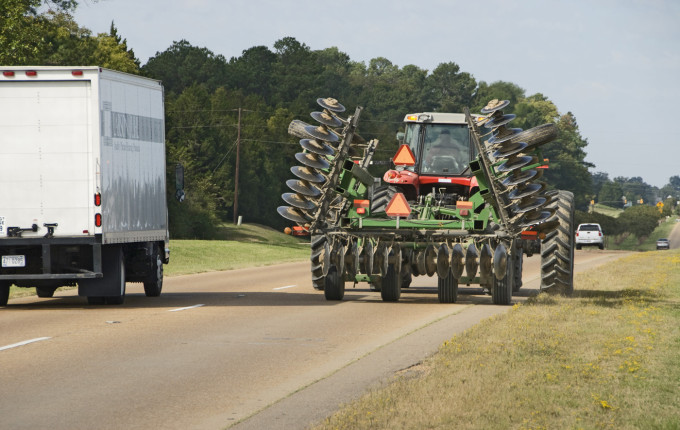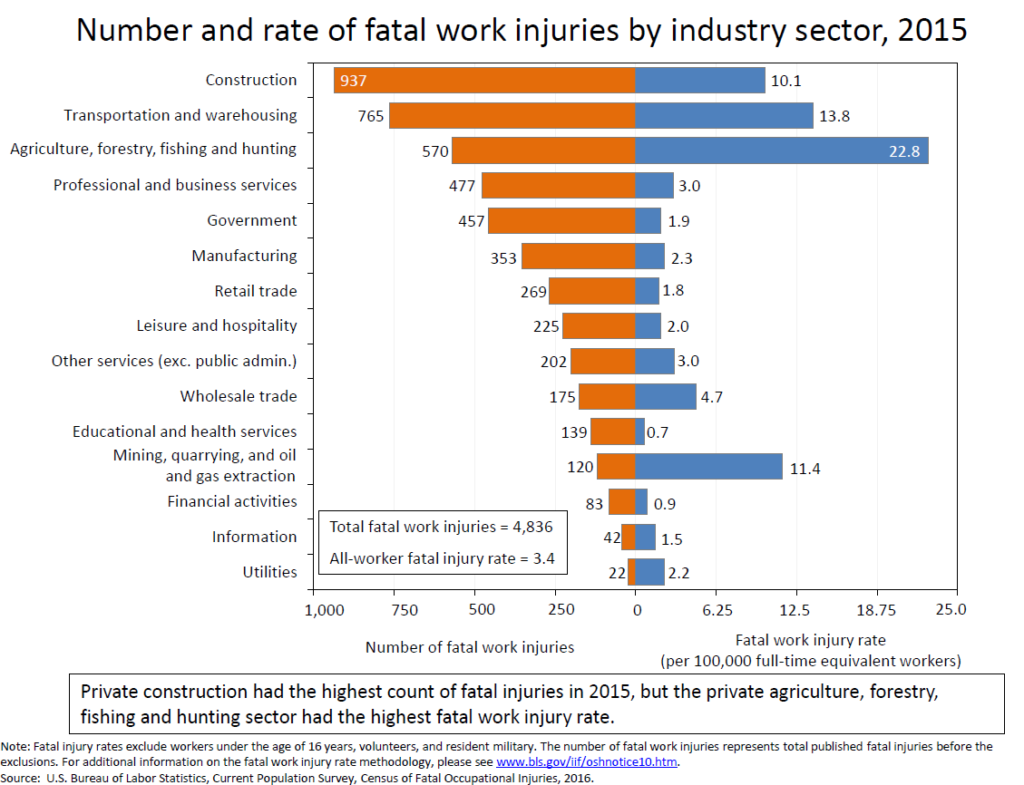The NC General Assembly adjourned (again) a couple weeks ago, and with November officially upon us it’s probably as good a time as any to put a bow on this year’s legislative session. Overall, it was a good session for North Carolina agriculture, with the General Assembly enacting several important measures to help farmers. Today, we want to give you a quick overview of a few key legislative actions.
The following commentary is by North Carolina Farm Bureau President Larry Wooten, first published in the Fall 2017 issue of NC Field and Family.
Initiatives for rural transportation, energy and broadband internet will benefit the state economy
North Carolina’s rural transportation, energy and broadband internet infrastructures are as important to economic development as seed, sun and water are to crops. Economic development is vital for the future of our farmers, rural communities and the population of the entire state.
There is no single “cure-all” for the ailing economies of many rural counties, but these areas have the potential to contribute an additional 38,000 jobs and $10.3 billion to the state’s annual income over a decade, according to a 2014 study commissioned by the NC General Assembly.
Because of this potential, the North Carolina Food Manufacturing Task Force was established April 9, 2015. The Task Force seeks to boost the rural economy with a world-class food processing industry.
The quality of roads and bridges tops the list of infrastructure needs that have a direct impact on the economic viability and quality of life in our rural communities. TRIP, a national transportation research group, recently reported, “North Carolina’s rural roads have high rates of fatalities, bridges show deficiencies; the state’s rural transportation system is in need of modernization to better support economic growth and connectivity.”
The Federal Communications Commission’s 2016 Broadband Progress Report stated that 10 percent of all Americans lack access to high-speed broadband service, while 39 percent of rural Americans lack access. By contrast, only 4 percent of urban Americans lack access.
Affordable electricity and access to natural gas are also crucial for economic development. The Atlantic Coast Pipeline will provide natural gas to the rural utilities that need it to serve their communities, and is estimated to lower energy costs for consumers and businesses while contributing an estimated $28 million in annual property taxes to local governments.
Agriculture is a crucial component of future economic development in rural North Carolina through the creation of value-added processing jobs and economically symbiotic small business.
Diverse agriculture, combined with an improved infrastructure, can result in the state emerging as a global food leader. State and federal funding, along with private investment, is required to make infrastructure investments that ensure our rural communities have roads that are well-maintained, energy that is affordable and broadband internet that is accessible.
 State Government
State Government
Stick with us here. Most people probably understand the wisdom, or can at least appreciate the purpose, of maintaining your home. Over time your home gets cluttered, things break, and some of those deep, dark corners you never visit have to be dealt with. It’s not always a fun job, but doing it can make your home a more enjoyable place to live.
North Carolina’s statutes, just like a home, require ongoing maintenance. So it’s necessary, on occasion, for the Legislature to take a look at our statutes and clean up some of the confusing, unhelpful, and out-of-date provisions.
That’s where the annual Farm Act comes into play. Each year since 2013 state legislators have passed a Farm Act to make necessary changes to the law to better serve North Carolina’s farmers.
 Transportation
Transportation
With farming in full swing, here’s your annual reminder to please share the road with farm equipment!
We’ve all been there. You’re cruising down one of North Carolina’s many rural highways or secondary roads, perhaps off to vacation at the beach or in the mountains, when all of a sudden you come up on a tractor or some other piece of farm machinery on the road. To many motorists, this is frustrating —a brief slowdown on an otherwise smooth journey. But to farmers, traveling on roads and highways can be a dangerous yet necessary part of the job. And with the arrival of spring and the beginning of the busy season for many of North Carolina’s farmers, you’re a lot more likely to encounter farm equipment on the road.
Farming is a dangerous job. In fact, agriculture occupations, along with forestry and fishing, are routinely cited as some of the most dangerous jobs in America by the Bureau of Labor Statistics (BLS). Farmers operate heavy machinery, interact with large animals, and work in confined spaces like grain bins. And, farming is a physically demanding job, too. On top of all that is the simple fact that, like forestry and fishing, farming is a rural occupation and injuries often happen miles from the nearest hospital or medical professional.
In its most recent report, the BLS found that fatalities among agricultural workers rose to 180—a 22 percent increase—while fatalities among farmers, ranchers and other agricultural managers registered at 252. The majority of these fatalities were the result of transportation incidents and contact with objects and equipment. While other professions and industries also have high injury and fatality rates, farming, fishing, and forestry topped the list.

That’s why health and safety are so important to Farm Bureau. This week is Agriculture Safety Awareness Progam (ASAP) Week, and the focus this year is SPACE. Topics include:
 Agriculture / Safety / Transportation
Agriculture / Safety / Transportation
We’ve all been there. You’re cruising down one of North Carolina’s many rural highways or secondary roads, perhaps off to vacation at the beach or in the mountains, when all of a sudden you come up on a tractor or some other piece of farm machinery on the road. To many motorists, this is frustrating —a brief slowdown on an otherwise smooth journey. But to farmers, traveling on roads and highways can be a dangerous yet necessary part of the job. And with the arrival of spring and the beginning of the busy season for many of North Carolina’s farmers, you’re a lot more likely to encounter farm equipment on the road.


